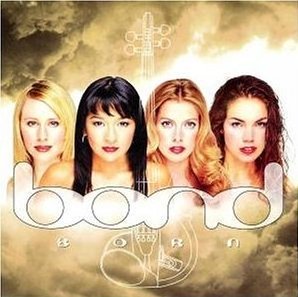
| Artist: | Bond |
| Title: | Born |
| Released: | 2000 |
| Label: | xxx Records |
| Time: | 61:27 |
| Producer(s): | See Artists ... |
| Appears with: | |
| Category: | Classic |
| Rating: | ******.... (6/10) |
| Media type: | CD |
| Purchase date: | 2000.11.27 |
| Price in €: | 1,00 |
| Web address: | www.bondquartet.com |
..:: audio-music dot info ::.. |
| A l b u m D e t a i l s |
 |
|
||||||||||||||||||||||||||||
|
|
|||||||||||||||||||||||||||||
| S o n g s , T r a c k s |
| A r t i s t s , P e r s o n n e l |
| C o m m e n t s , N o t e s |
| L y r i c s |
| M P 3 S a m p l e s |